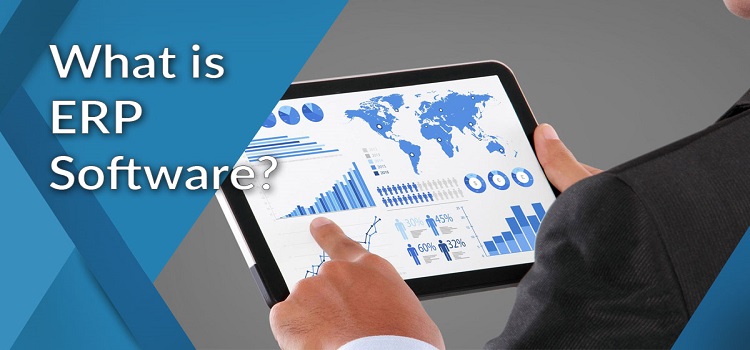In the dynamic landscape of today’s business world, staying ahead of the competition requires more than just innovative products or services. Efficient and streamlined internal operations are crucial, and this is where an Enterprise Resource Planning ERP corporate solution comes into play. An ERP system integrates various business processes, providing a centralized platform that enhances collaboration, control, and competitiveness. Here’s why your company should consider adopting an ERP solution:
1. Centralized Data Management:
An ERP system acts as a centralized hub for all your business data. Instead of dealing with fragmented information across different departments and systems, an ERP system allows you to store, access, and analyze data from a single source. This centralized approach ensures consistency, accuracy, and eliminates the risk of data silos that can hinder decision-making.
2. Enhanced Collaboration:
Collaboration is key in today’s interconnected business environment. An ERP system facilitates seamless communication and collaboration among different departments. With real-time access to shared data, teams can work together more efficiently, leading to improved productivity and faster decision-making processes. Collaboration tools within ERP solutions foster a more cohesive and integrated work environment.
3. Improved Operational Efficiency:
ERP systems automate and streamline repetitive tasks, reducing the time and effort required to perform them manually. This efficiency boost allows employees to focus on more strategic and value-added activities. From finance and human resources to supply chain management, an ERP solution optimizes processes, minimizing errors and increasing overall operational efficiency.
4. Effective Resource Planning:
ERP systems provide comprehensive tools for resource planning, helping organizations allocate and utilize their resources more effectively. Whether it’s managing inventory levels, scheduling production processes, or optimizing workforce utilization, an ERP solution ensures that resources are aligned with organizational goals, resulting in cost savings and improved resource utilization.
5. Real-time Analytics and Reporting:
Timely access to accurate data is crucial for making informed decisions. ERP systems offer robust reporting and analytics capabilities, providing real-time insights into key performance indicators. With customizable dashboards and reports, management can monitor business performance, identify trends, and make data-driven decisions, contributing to a more agile and responsive organization.
6. Regulatory Compliance:
Staying compliant with industry regulations is a constant challenge for businesses. ERP systems are designed to incorporate regulatory requirements into their workflows. This ensures that your company adheres to industry standards and regulations, reducing the risk of legal issues and penalties while fostering a culture of accountability and transparency.
7. Scalability for Growth:
As your business grows, so do its complexities. An ERP solution is designed to scale with your organization, accommodating increased data volumes, users, and business processes. This scalability ensures that your ERP system remains an asset, adapting to the evolving needs of your company without the need for frequent overhauls or replacements.
8. Customer Satisfaction:
The impact of ERP systems is not limited to internal operations; it also extends to customer interactions. By improving order processing, inventory management, and delivery timelines, an ERP solution contributes to a better customer experience. Satisfied customers are more likely to become repeat customers, fostering long-term relationships and brand loyalty.
In conclusion, implementing an ERP corporate solution is no longer a luxury but a strategic necessity for businesses aiming to thrive in today’s competitive landscape. By centralizing data, enhancing collaboration, improving operational efficiency, and providing real-time insights, ERP systems empower organizations to adapt, grow, and stay ahead of the curve. As technology continues to evolve, investing in an ERP solution becomes a pivotal step towards achieving sustainable success in the ever-changing business environment.


One thought on “Why Your Company Needs an ERP Corporate Solution: Enhancing Collaboration, Control, and Competitiveness”
Comments are closed.